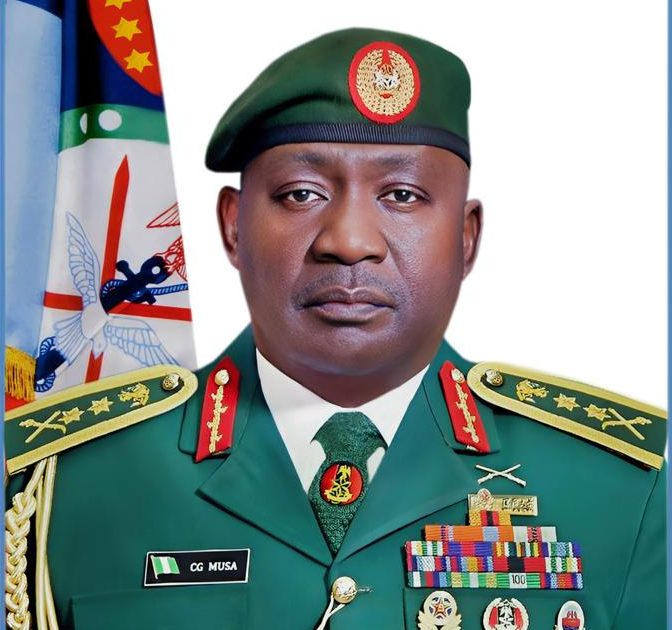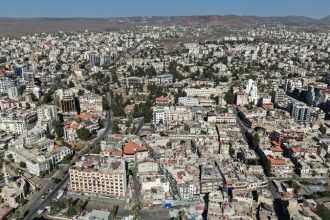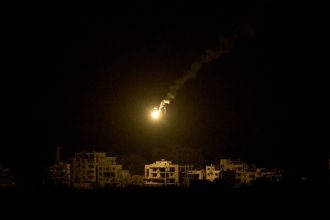The Nigerian military is set to immortalise its history and honour fallen heroes with the establishment of a world-class Armed Forces Museum in Abuja.
The proposed facility will occupy about 10 acres of land in the Federal Capital Territory and is expected to be completed by the first quarter of 2026.
Also, the museum will not only preserve artefacts and records of military service but also generate jobs for veterans and civilians, create sustainable revenue through tourism and corporate partnerships, and provide immersive multilingual educational experiences for schools nationwide.
Speaking during the signing of a Memorandum of Understanding between the Defence Headquarters and Empower 54 Africa Initiative on Wednesday, the Chief of Defence Staff, General Christopher Musa, described the project as a legacy initiative designed to preserve Nigeria’s military heritage and ensure that the sacrifices of service members are never forgotten.
“Museums are vital custodians of national memory. We want a museum that restores Nigeria to a global standard, serves as a pride to our service members and families, and ensures that the sacrifices of our heroes are never forgotten,” Musa said.
Earlier, Rear Admiral Olusanya Bankole, Chief of Defence Civil-Military Relations, explained that a multidisciplinary steering committee had been constituted to ensure the project meets international standards.
The committee includes representatives from the military services and heritage preservation experts.
“After extensive research and due diligence, we selected Empower 54 as our strategic partner for implementation. Their proven project management capabilities and experience in building sustainable partnerships are key to delivering a world-class facility within the specified timelines,” Bankole said.
He added that the museum, to be known as the Armed Forces Museum, was chosen from three proposed names, reflecting the unity of the services under one national identity.
Nigeria’s Armed Forces have played a central role in the country’s history since its independence in 1960.
From peacekeeping operations across Africa to major engagements in the Nigerian Civil War (1967–1970), counter-insurgency campaigns against Boko Haram and ISWAP, and ongoing efforts to stabilise communities affected by banditry, the military has consistently been at the heart of national security and regional peace.
Despite this legacy, Nigeria has lacked a centralised, modern museum that documents these contributions in line with global practice.
Countries like the United States, Britain, and South Africa already boast military museums that serve as both educational centres and tourist attractions, preserving artefacts, oral histories, and stories of valour for future generations.
The proposed Armed Forces Museum is expected to consolidate these efforts under one roof, creating a unified national institution.









